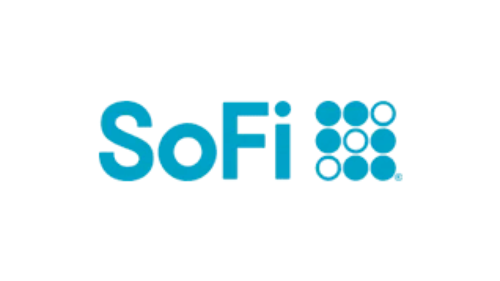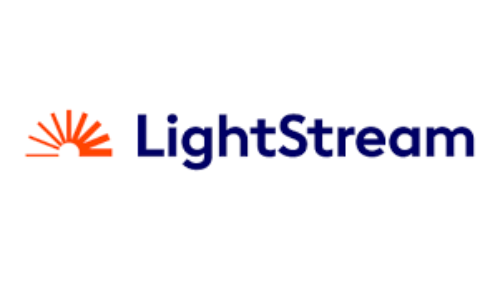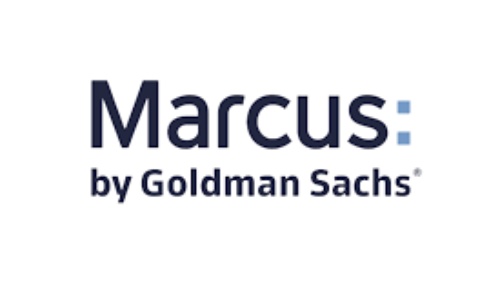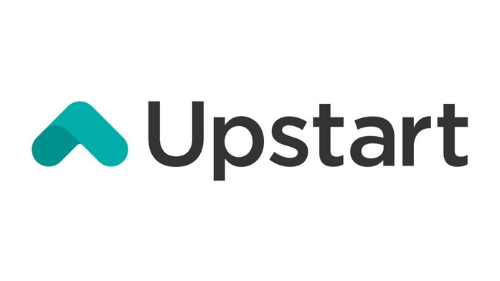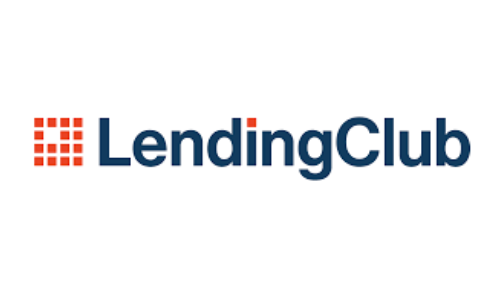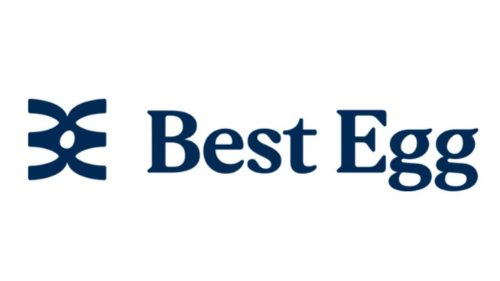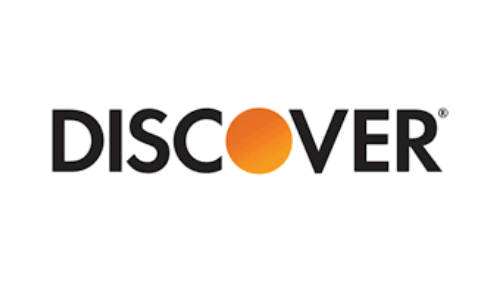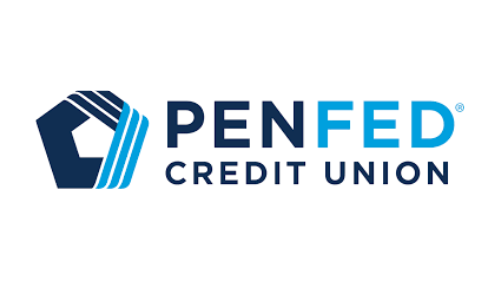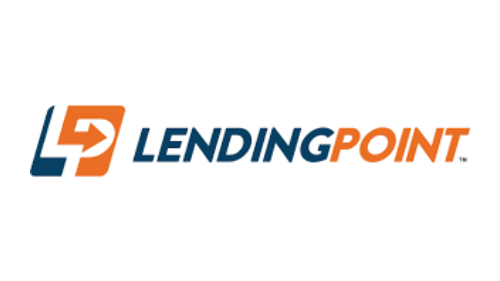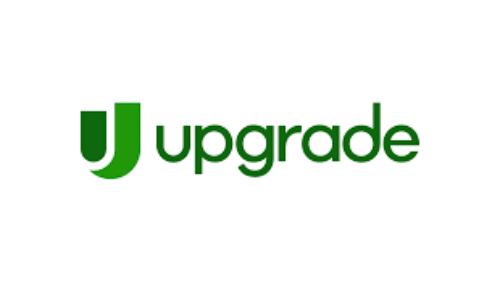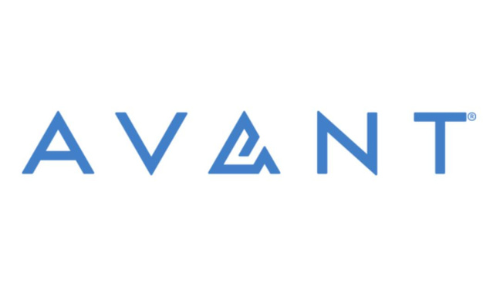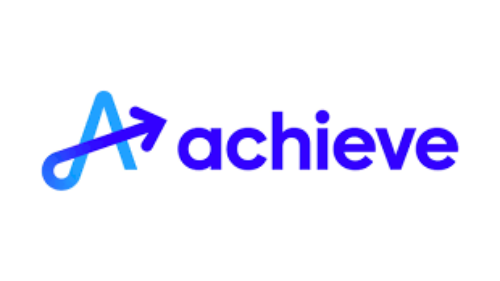Best Debt Consolidation Loans

Checking your rate won’t impact your credit score


Best Debt Consolidation Loans

Checking your rate won’t impact your credit score
How Does Debt Consolidation Work?
Debt consolidation means taking out one loan to pay off several high-interest debts. This can lower your interest rate, reduce monthly payments, and simplify repayment. For example, instead of juggling multiple credit cards at ~24% APR, you could replace them with a personal loan at 16% APR, saving money while streamlining payments.

Pros and Cons of Debt Consolidation
Pros:
You can save money on interest when you qualify for lower rates.
Simplifies several monthly debt payments into one.
Can help you get out of debt sooner and know exactly when you’ll be debt-free.
Cons:
Likely need good or excellent credit to qualify for lower rates.
May have to pay an upfront origination fee on your new loan.
Lender will do a hard credit pull before offering you a loan, which will ding your credit score by a few points.
Additional business funding options
Merchant cash advance
Invoice factoring
Business credit cards
Small business grants
Crowdfunding
Peer-to-peer lending
Personal loans
Bootstrapping
How Your Credit Score Impacts Loan Rates
Your credit score has a major impact on loan approval and interest rates, especially when applying for personal loans or debt consolidation loans. Borrowers with higher credit scores are seen as more financially reliable, often qualifying for lower APRs and more favorable loan terms.
Below is a general estimate of how credit score impacts loan rates and approved loan amounts:
Credit score range
720+
680-719
660-679
640-659
620-639
580-619
560-579
Less than 560
Average APR
16.72%
22.68%
28.92%
33.45%
42.45%
51.34%
62.42%
84.92%
Average loan amount
$22,310
$17,315
$12,675
$9,326
$7,129
$4,446
$3,548
$2,879
Alternatives to Debt Consolidation Loans
Debt consolidation may not always be the perfect solution. Depending on your financial situation, some alternatives could suit you better. Here are a few strategies worth considering:
0% APR Balance Transfer Credit Card
Pros:
Temporarily pay no interest on transferred balances.
Can be an affordable short-term solution.
May allow more flexibility vs. loans with fixed terms.
Cons:
Introductory APR ends after a set period, often 12–21 months.
Balance transfer fees typically apply (3–5%).
Only available to those with decent credit.
Home Equity Loan
Pros:
Fixed interest rate in most cases.
Longer repayment terms available.
Usually lower APR than unsecured personal loans.
Cons:
Your house acts as collateral — high risk if you default.
May take longer to process and require home appraisal.
Closing costs may apply.
401(k) Loan
Pros:
No credit check required.
Lower interest rate (you pay it back to yourself).
Fast access to funds in emergencies.
Cons:
Reduced retirement savings potential.
Must repay in full if you leave your job.
Taxes and penalties apply if not repaid properly.
Debt Management Plan
Pros:
Structured plan with expert support.
Often lower interest negotiated with creditors.
Can consolidate several debts into one monthly payment.
Cons:
Monthly fee may apply.
You must close credit cards — no more charging.
Takes 3–5 years to complete the plan.
Best Debt Consolidation Calculator
Estimate your monthly payment, total cost, and interest for a business loan — plan your growth with confidence.

